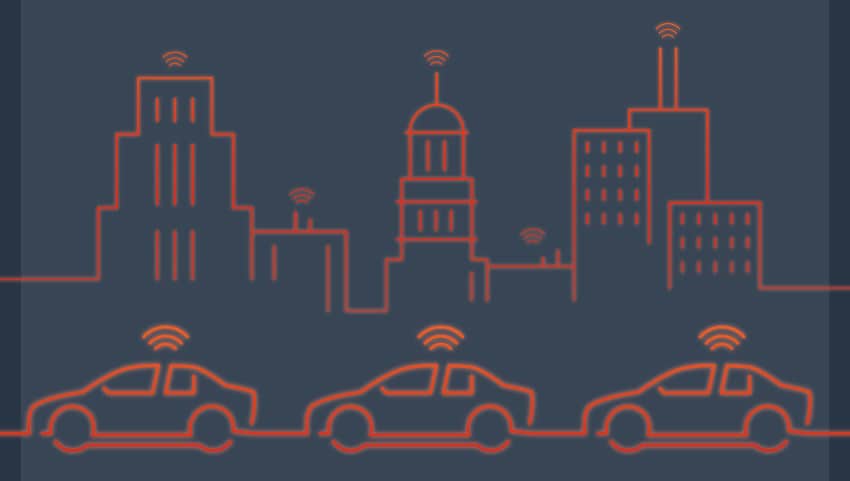In-brief: Colleges and universities collect reams of student data – including personally identifying information- as part of their student “directory” files. They then distribute it to – basically – whomever asks. In this podcast, we talk with researcher Leah Figueroa who has researched the issue. Also: where are all those Devil’s Ivy attacks? And: companies are desperate for tools and talent to beat back sophisticated threats. Is artificial intelligence the answer? We talk with Endgame about the results of a new survey.
Tag: privacy
Petya-Bitten Subsidiary will materially impact FedEx
In-brief: FedEx said its TNT subsidiary was still relying on manual processes more than a week after it was ravaged by the Petya wiper malware. The attack will materially impact the company’s financial performance in 2018, FedEx said in a filing with the SEC.
Heartbleed’s Heartburn: Why a 5 Year Old Vulnerability Continues to Bite
In-brief: more than three years after it was first discovered, the Heartbleed vulnerability in OpenSSL continues to plague organizations worldwide. Why has it been so hard to fix? In this Industry Perspective, Patrick Carey of the firm Black Duck talks about some of the complicating factors that make vulnerabilities like Heartbleed so hard to eradicate.
Update: Cash for Medical Device Clunkers? Task Force calls for Healthcare Security Overhaul
In-brief: the U.S. healthcare sector is in critical condition and needs urgent, coordinated action to protect patient safety and address vulnerabilities in millions of deployed medical devices, a Congressional Task Force has concluded. (Updated with comments from Joshua Corman of Atlantic Council. PFR June 7, 2017)
Report: Major Upgrade, Investments Needed to Secure Connected Vehicles, Infrastructure
In-brief: a report by the Cloud Security Alliance calls for a bottom up remake of infrastructure to support connected vehicles and warns of more, serious attacks as connected vehicles begin interacting with each other and with connected – but insecure – infrastructure.





